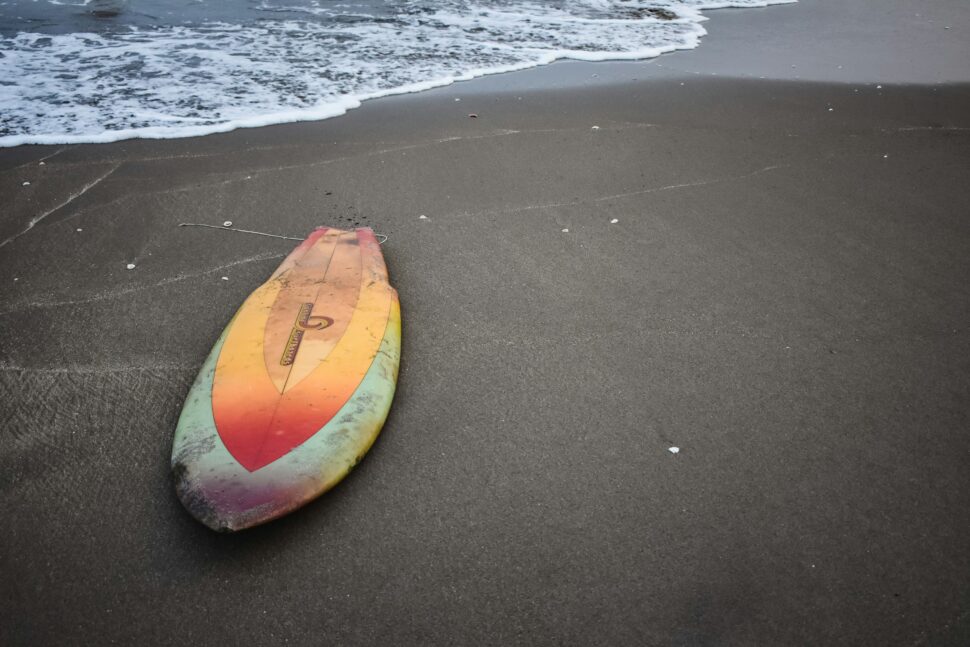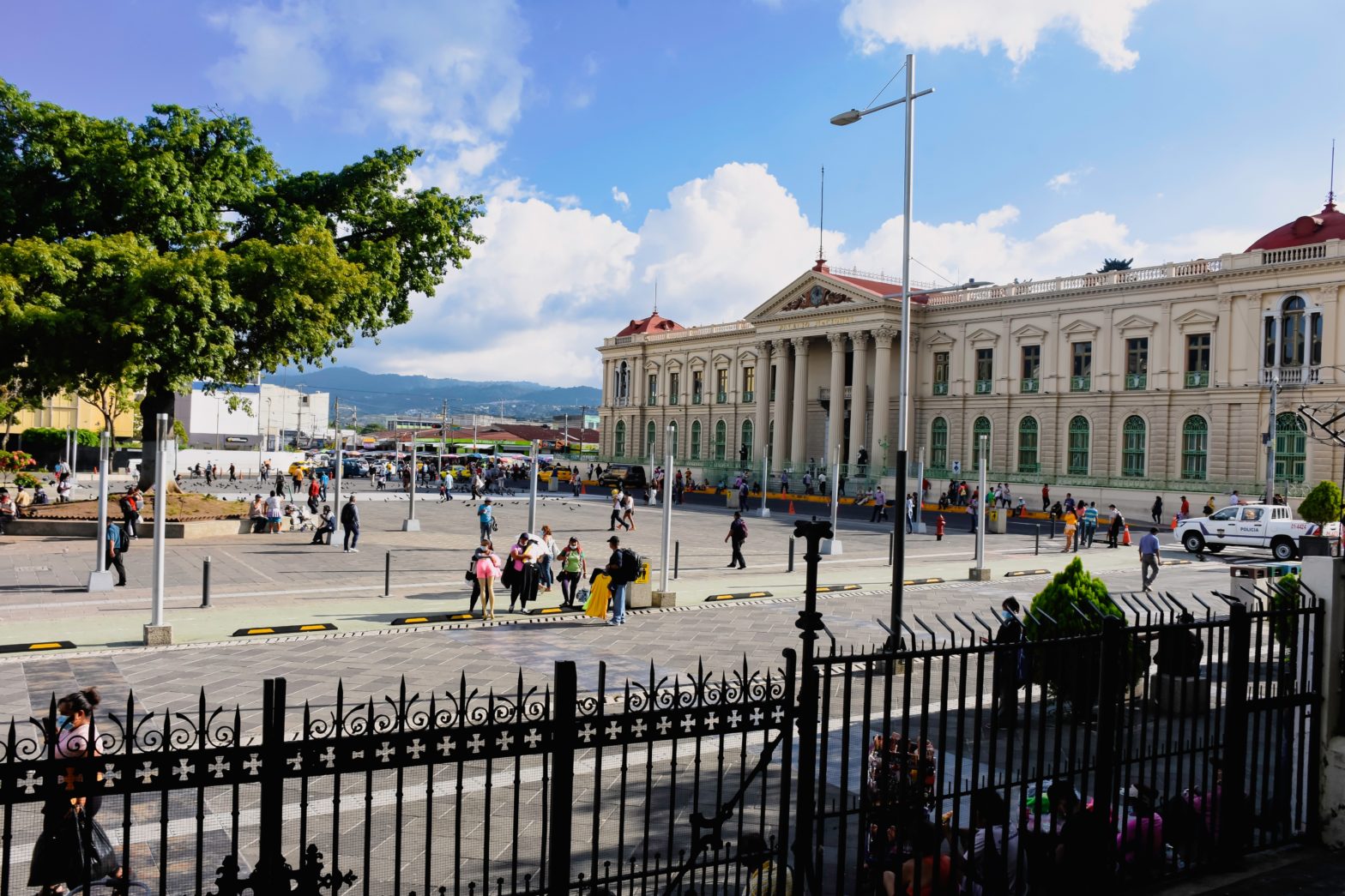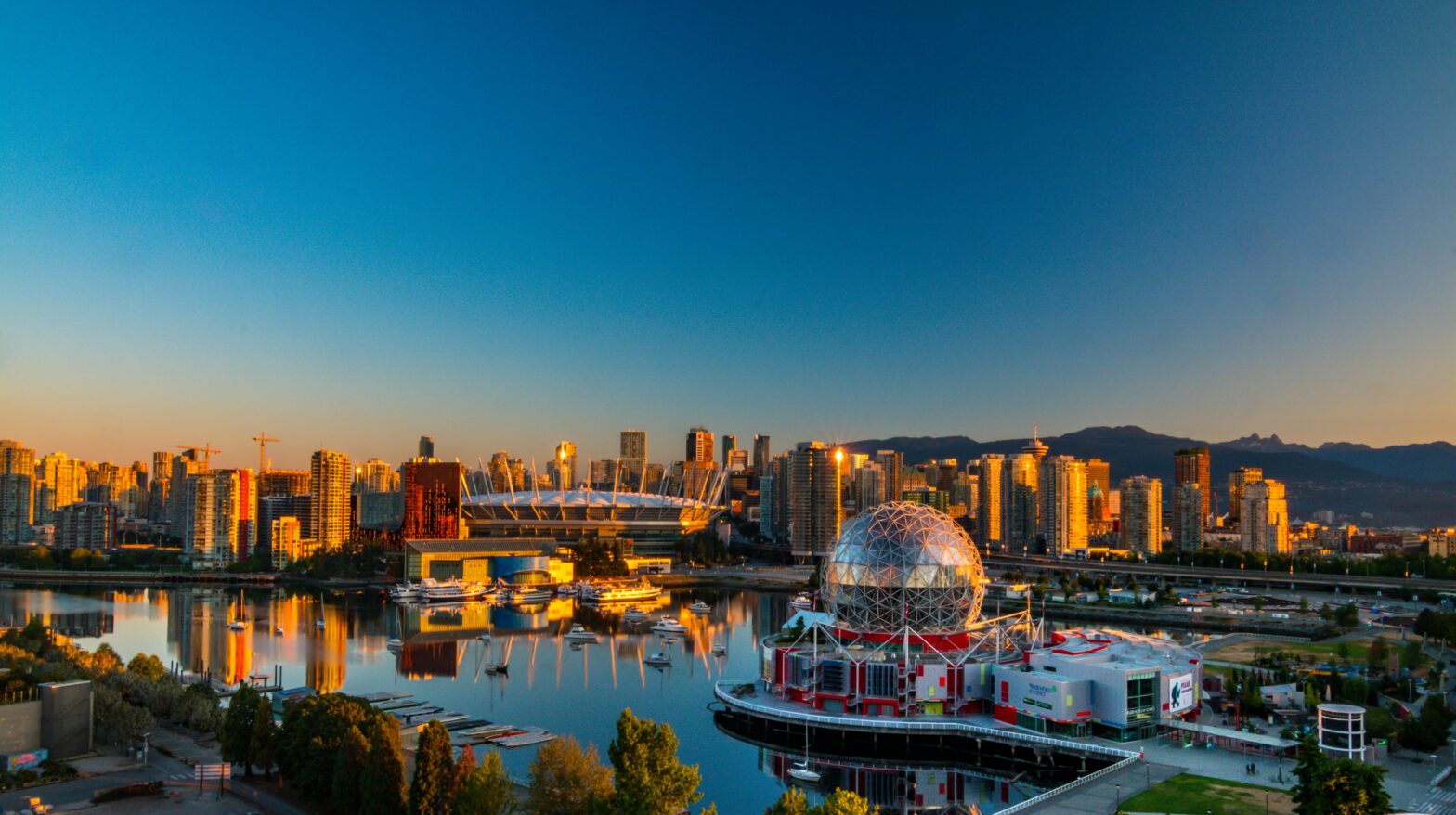El Salvador, the smallest country in Central America, is gaining popularity as a destination for travelers seeking beach life, volcanic landscapes, and rich cultural history. Long known for safety concerns, the country is undergoing a transformative phase in 2024. Once notorious for gang violence such as from MS-13 and Bario 18, El Salvador has seen security improvements, thanks to recent government initiatives. Tourist areas like El Tunco Beach and Santa Ana Volcano are now safer and more accessible. But how safe is El Salvador in 2024? Let’s explore the country’s situation, crime trends, travel tips, and precautions to help you make an informed decision.

Official El Salvador Travel Advisories
As of July 17, 2024, the U.S. Department of State listed El Salvador under a Level 3 advisory, which means travelers should reconsider travel. The government has made substantial efforts to reduce gang violence, and tourist areas are considered much safer than they were in the past. According to The New York Times, the number of murders dropped by an incredible 70% in 2023. However, tourists should still monitor official travel advisories, including those from the CDC and WHO, for the latest health and safety warnings, particularly regarding health risks like mosquito-borne diseases and water safety.
Is El Salvador Safe for Tourists and Solo Travelers?
El Salvador has made significant progress in enhancing safety for tourists, especially since the implementation of President Nayib Bukele’s Territorial Control Plan, which has successfully reduced crime by reclaiming control of territories historically dominated by criminal organizations, particularly in tourist areas like San Salvador, La Libertad, and Ruta de las Flores. While violent crime rates, once driven by gang activity, have plummeted, petty theft still occurs in crowded spots, so vigilance is essential.
Government efforts have cracked down on gang violence, with homicides falling dramatically, and tourism police now patrol popular destinations. Public buses, however, are still less secure due to pickpocketing risks, so travelers should opt for official taxis or ride-sharing services. Health-wise, it’s recommended to avoid drinking tap water and remain vigilant of mosquito-borne diseases like dengue.
Common Scams to Be Aware of in El Salvador
Petty Crimes Targeting Tourists
Pickpocketing and petty theft are the most common crimes targeting tourists, particularly in crowded markets, beaches, and urban areas like San Salvador. Scams involving overpriced goods, especially by street vendors, or unauthorized tour guides can also occur.
Tips on How to Avoid or Navigate Scams
Stay vigilant in crowded areas: Avoid displaying expensive belongings and keep an eye on your personal items in busy spots.
Be cautious of unauthorized guides: When booking tours or excursions, go through reputable companies or your hotel.
Politely decline persistent vendors: A firm but polite “no, thank you” should suffice when approached by street vendors or others who are offering ‘too-good-to-be-true’ deals or services.
How to Stay Safe in El Salvador
To stay safe while visiting El Salvador, stick to well-traveled areas like El Tunco Beach and Santa Ana Volcano, for increased security. Avoid isolated areas after dark and always use official transportation like taxis or Uber. Keep valuables secured in your hotel’s safe when not in use. Blending in with locals by dressing modestly and staying updated on government safety advisories can also help minimize risks during your trip.
Where to Stay in El Salvador
Popular tourist regions like La Libertad, El Tunco, and Ruta de las Flores are not only beautiful but also considered relatively safe for tourists. These areas are well-traveled, and the presence of tourism police makes them more secure than other parts of the country. Well known resorts usually have safety precautions in mind for tourists, and travelers should consider themselves as safe as they’d be anywhere else in these areas.
Reputable Hotel Recommendations and Ideal Regions
Casa De Mar Hotel and Villas in El Sunzal – Known for its beachfront location and excellent service, this hotel offers a safe and luxurious experience near some of the best surf spots in the country.
Barceló San Salvador in the capital – A top-rated hotel in San Salvador, providing secure accommodations and convenient access to the city’s attractions.
Los Almendros de San Lorenzo in Suchitoto – For those seeking a more cultural experience, this boutique hotel offers charm and security in a historically rich town.
Best Time to Visit El Salvador
El Salvador’s dry season, from November to April, is the best time to visit, offering pleasant weather for exploring the beaches and national parks. Plan your trip well in advance, as ticket prices and hotel rates will be at their highest in this peak tourist travel time. The rainy season, from May to October, brings lush landscapes but can make some outdoor activities more challenging.
People Also Ask
Is El Salvador Safe for Solo Female Travelers? Yes, but solo female travelers should exercise extra caution, especially at night. Stick to a well-populated area and use trusted transportation to ensure a safer experience.
Can You Drink the Tap Water in El Salvador? No, it’s not recommended. Always opt for bottled water, which is widely available in hotels, restaurants, and convenience stores. This is especially true if you are visiting rural areas, far away from the water sources of major cities. The tap water typically has a rather high mineral content, which can lead to a chlorinated taste that most find unpleasant, even when drinking from safer water sources, such as those in San Salvador.
Should You Still Travel to El Salvador?
In 2024, El Salvador is becoming an increasingly safe and inviting destination for travelers. Thanks to government efforts to reduce gang violence and improve security, many tourist areas are now considered safe to visit. For travelers looking for an off-the-beaten-path adventure in Central America, El Salvador offers an authentic experience. If you’re still unsure, consider alternative destinations like Costa Rica or Guatemala for similarly stunning landscapes and cultural experiences.





